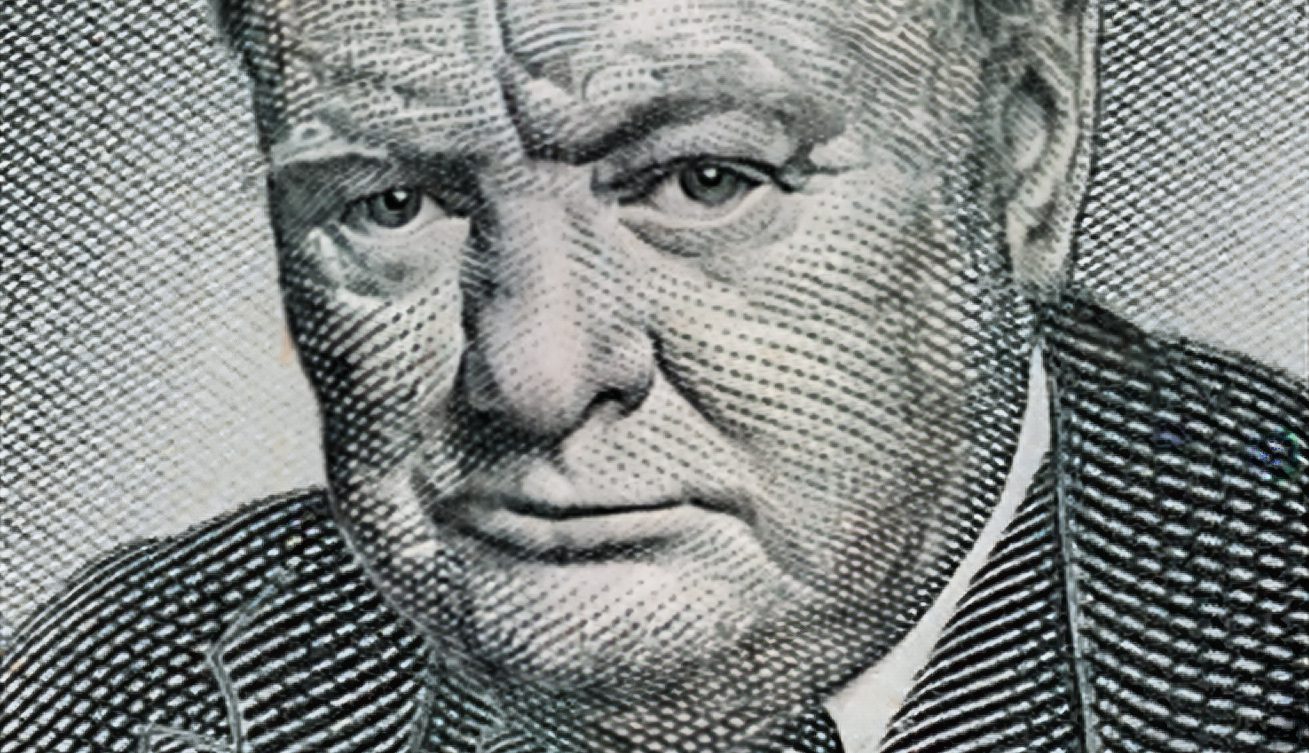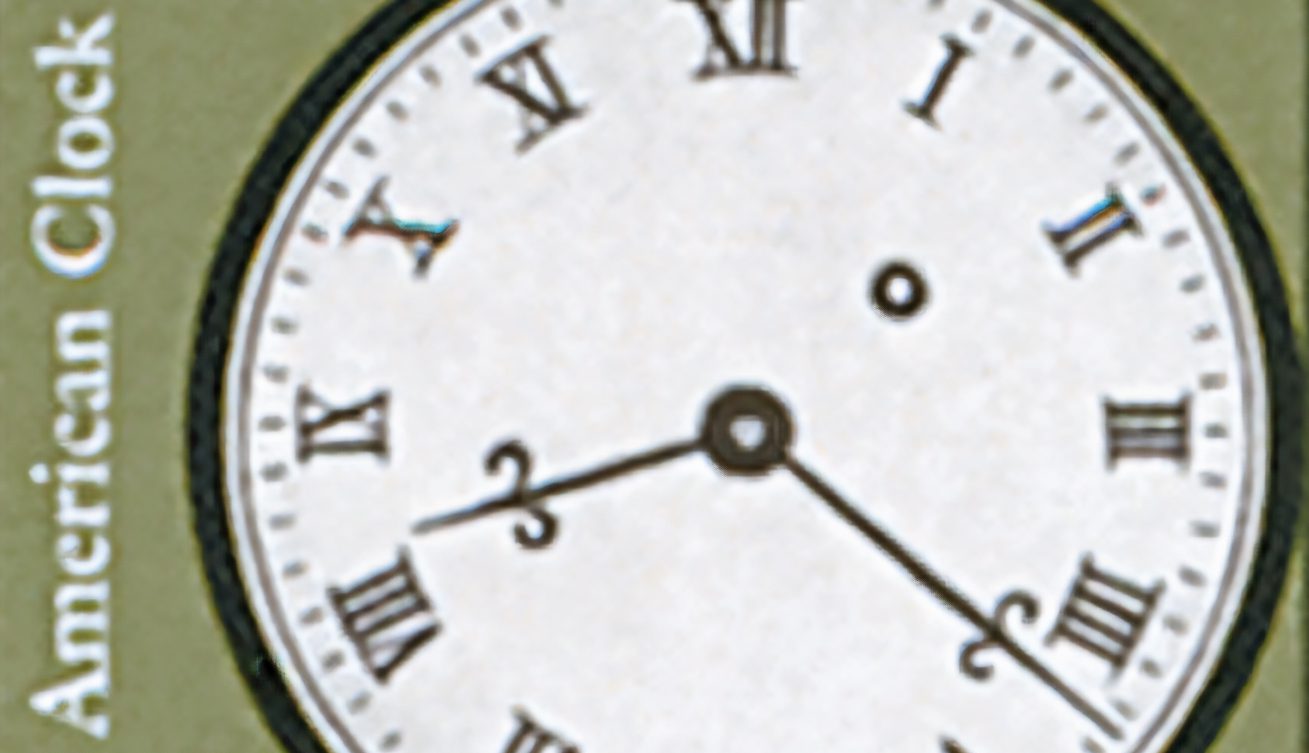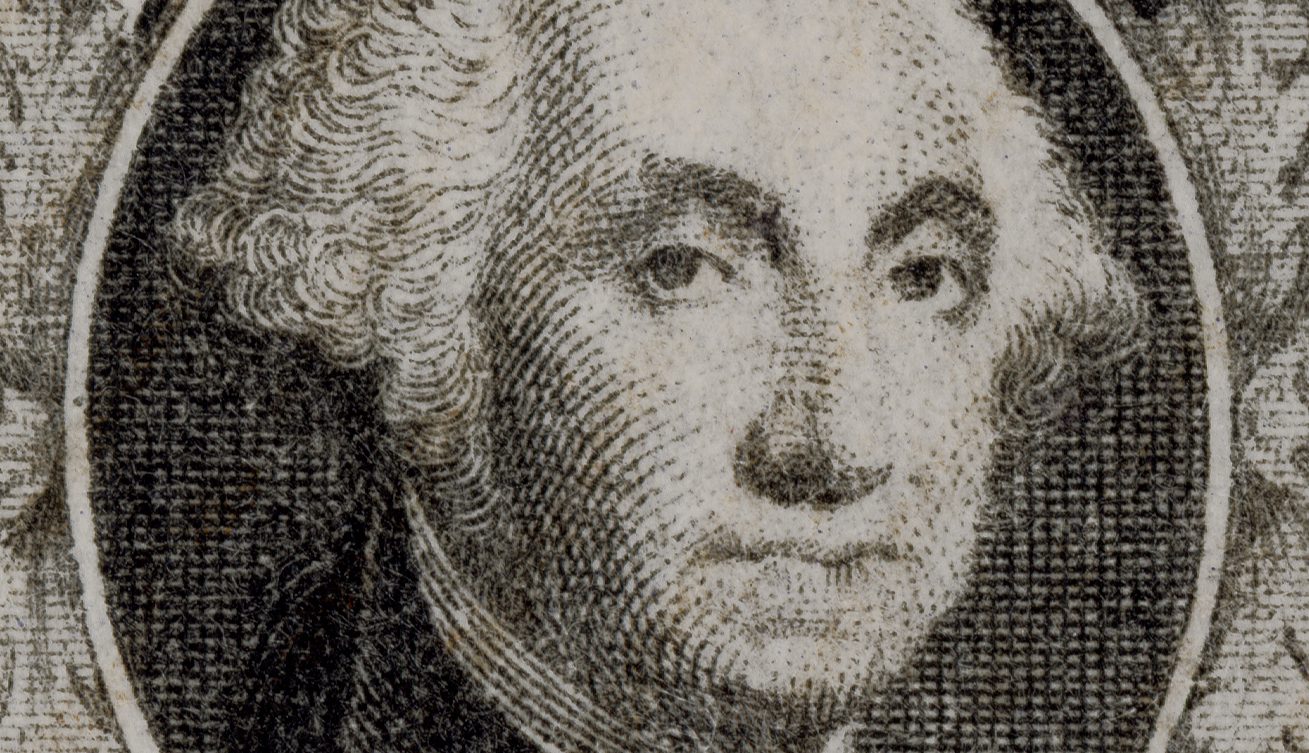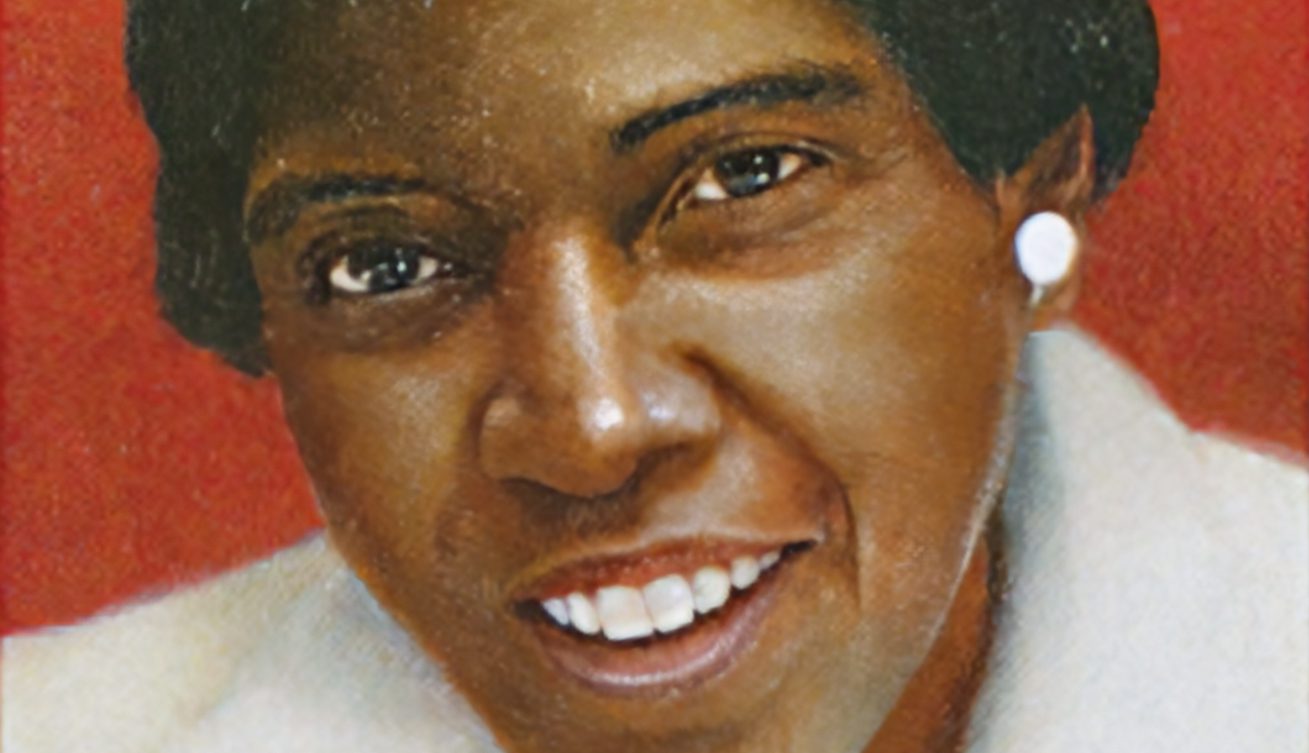Churchill’s Iron Curtain Speech
On March 5, 1946, Winston Churchill gave one of his most famous speeches, in which he used the phrase, “iron curtain” to describe the communist boundary in Europe.

On March 5, 1946, Winston Churchill gave one of his most famous speeches, in which he used the phrase, “iron curtain” to describe the communist boundary in Europe.

American soldier and politician Sam Houston was born on March 2, 1793, in Rockbridge County, Virginia. He was a hero of the Texas Revolution and the first president of the Republic of Texas.

On March 1, 1961, the Peace Corps was established by President John F. Kennedy. The corps consists of young volunteers who help people of other nations improve their quality of life and take charge of their own futures.

It’s an event that only happens once every four years. The first modern Leap Day was instituted on February 29, 1752, but it’s a tradition that dates back to Ancient Rome.

Our first president, George Washington, was born on February 22, 1732, in Westmoreland County, Virginia Colony. Since America’s first postage stamps were issued in 1847, he’s appeared on more than 300 US stamps – more than any other individual!

Barbara Charline Jordan was born on February 21, 1936, in Houston, Texas. She was the first African-American woman elected to the Texas Legislature and the first African American woman from a southern state to serve in the US Congress.

On February 15, 1926, the first contract airmail flight was made between Michigan and Ohio. Three stamps were issued for this service during its first two years.

On February 9, 1870, Ulysses S. Grant created the US Weather Bureau. Still in operation today as the National Weather Service, it provides weather forecasts and warnings for hazardous weather.

Aviation pioneer Charles Augustus Lindbergh was born on February 4, 1902, in Detroit, Michigan. He was the first person to fly solo non-stop across the Atlantic Ocean and helped to promote and expand aviation and airmail.